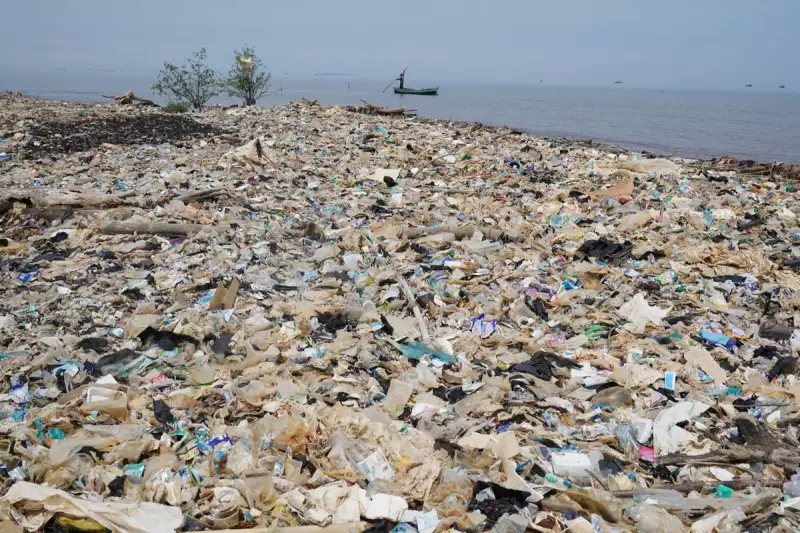
A damning report by Greenpeace has identified Kuwait and consumer goods giant Unilever as among the world's worst plastic polluters. The findings highlight the urgent need for systemic change to address the escalating environmental crisis.
The Shocking Scale of Plastic Pollution
The study, conducted during beach clean-ups across six continents, found plastic waste linked to these entities in alarming quantities. Researchers collected and catalogued over 1.8 million pieces of plastic waste from 84 countries between 2018 and 2022.
Corporate Responsibility Under Scrutiny
Unilever, the multinational behind brands like Dove and Ben & Jerry's, continues to face criticism despite sustainability pledges. "Voluntary commitments from corporations clearly aren't working," stated a Greenpeace spokesperson. "We need binding global regulations to hold polluters accountable."
Kuwait's Growing Waste Problem
The report also singles out Kuwait as a significant contributor, with its high per-capita plastic consumption and inadequate waste management systems. Middle Eastern countries featured prominently in the top polluters list, raising concerns about regional environmental policies.
The Path Forward
Environmental activists are calling for:
- Immediate reduction in single-use plastic production
- Stricter corporate accountability measures
- Global treaty on plastic pollution
- Investment in sustainable alternatives
The report comes as world leaders prepare for the next round of UN negotiations on a potential global plastics treaty in November 2023.





